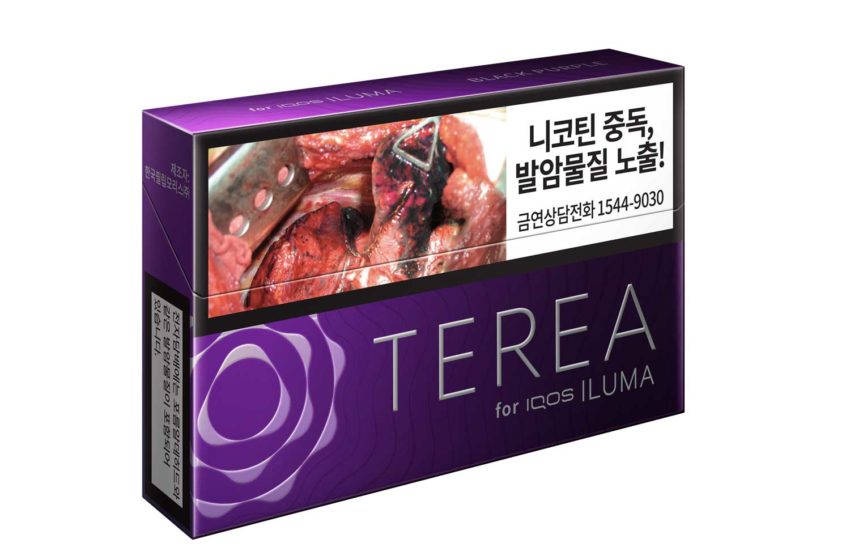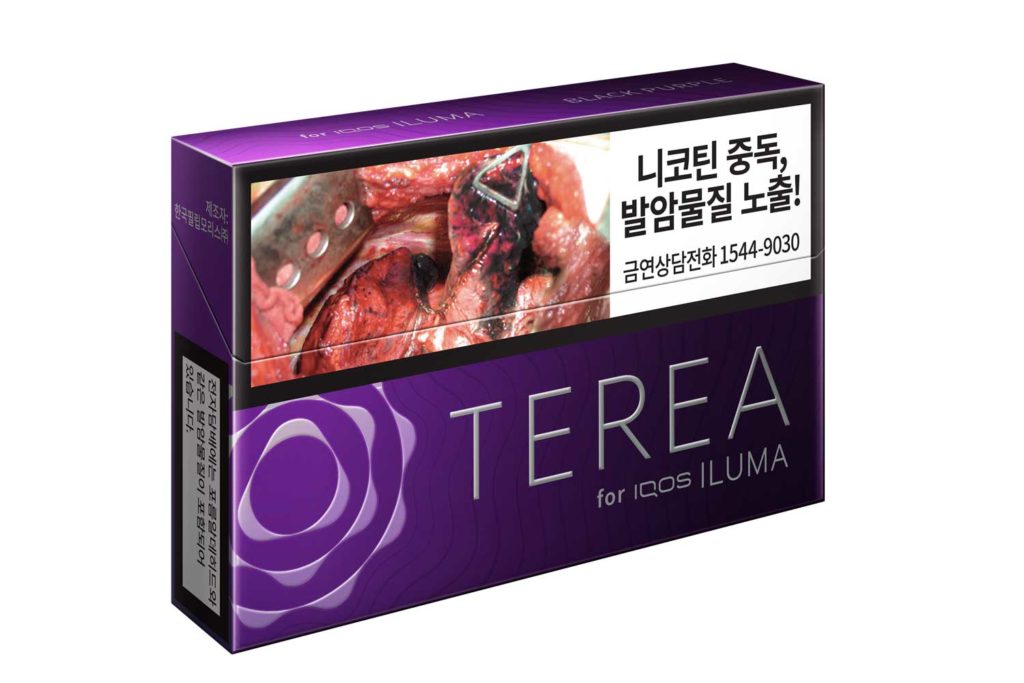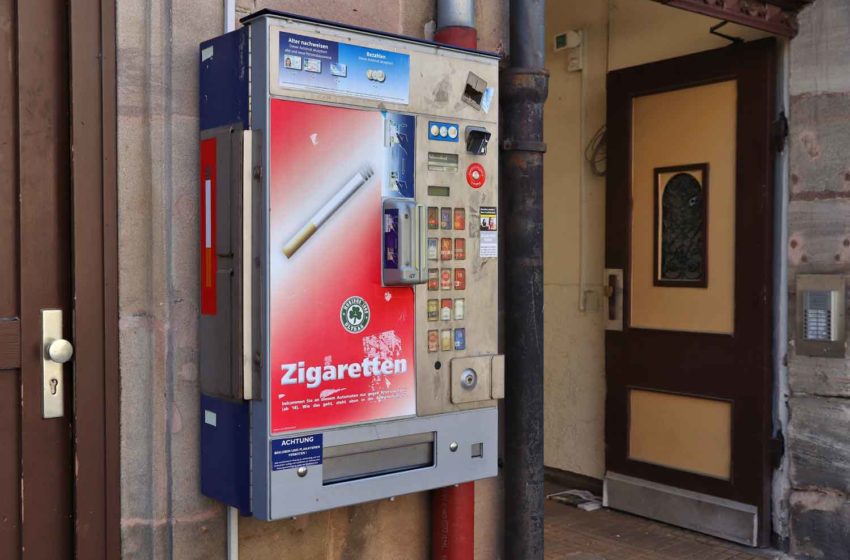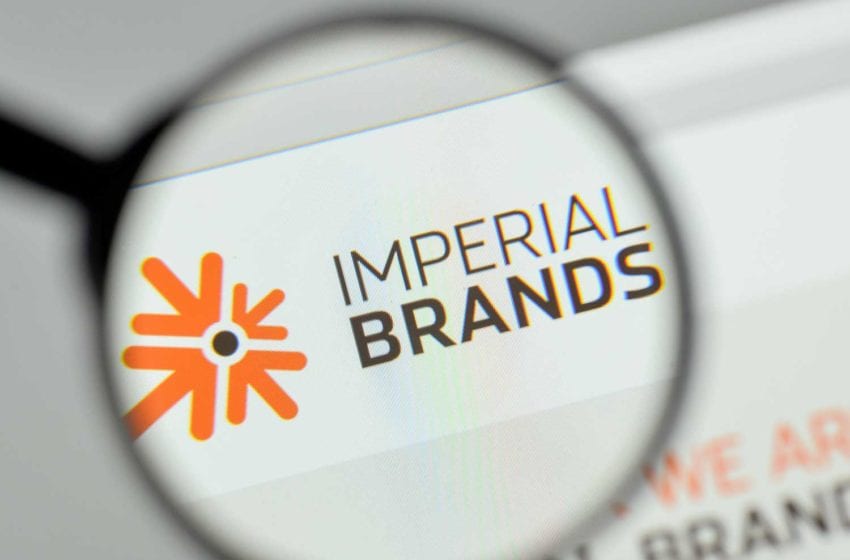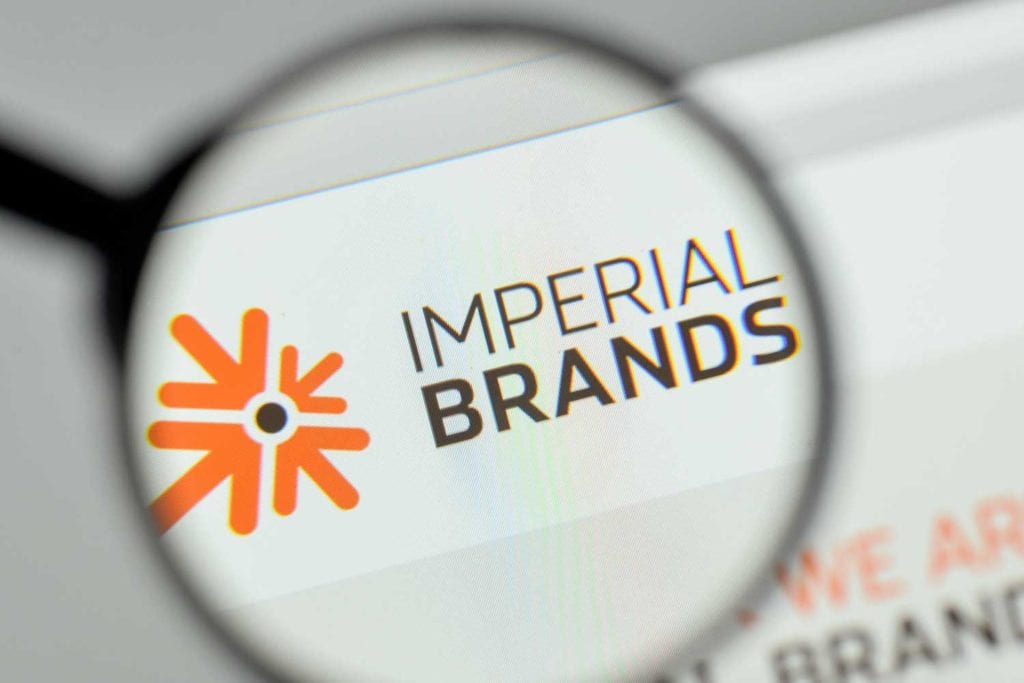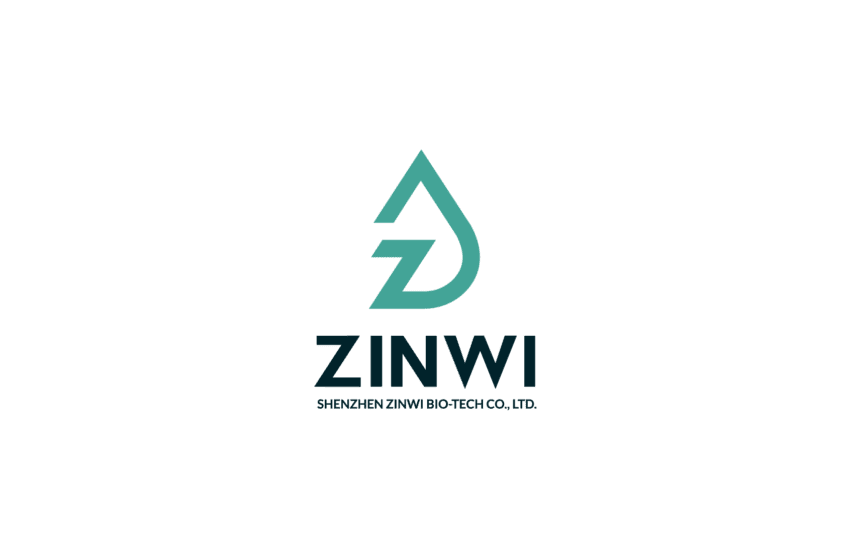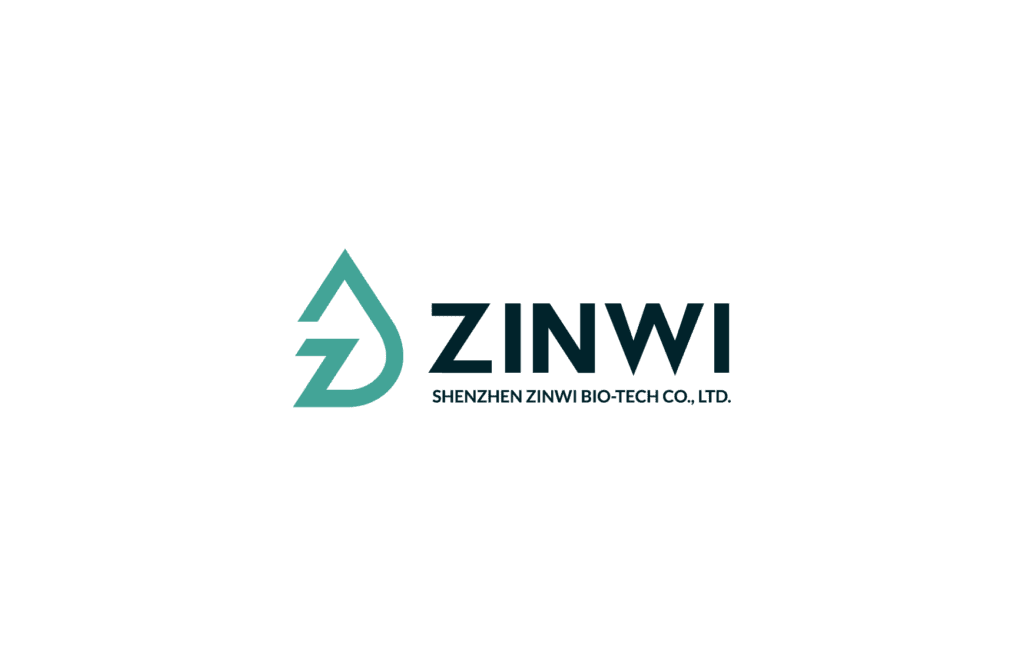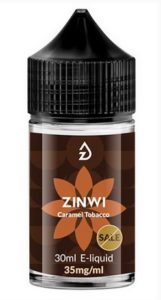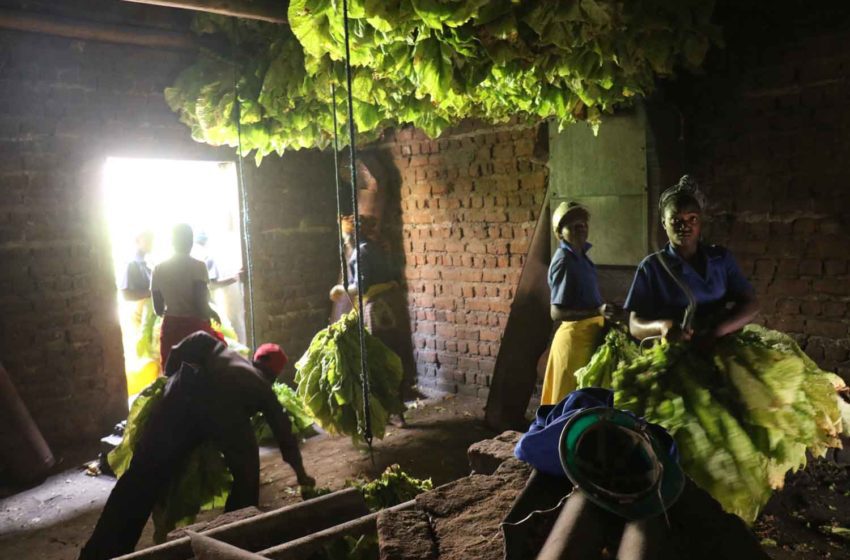
Universal Corp.’s net income for the nine months ended Dec. 31, 2022, was $70.3 million, or $2.82 per diluted share, compared with $60.8 million, or $2.44 per diluted share, for the nine months ended Dec. 31, 2021, according to a company press release. Excluding certain nonrecurring items, net income and diluted earnings per share increased by $1.1 million and $0.04, respectively, for the nine months ended Dec. 31, 2022, compared to the nine months ended Dec. 31, 2021.
Operating income of $128.7 million for the nine months ended Dec. 31, 2022, increased by $25.5 million compared to operating income of $103.2 million for the nine months ended Dec. 31, 2021. Adjusted operating income of $128.7 million increased by $12.2 million for the nine months ended Dec. 31, 2022, compared to adjusted operating income of $116.5 million for the nine months ended Dec. 31, 2021.
Net income for the quarter ended Dec. 31, 2022, was $41.7 million, or $1.67 per diluted share, compared with $34.9 million, or $1.40 per diluted share, for the quarter ended Dec. 31, 2021. Excluding certain nonrecurring items, net income and diluted earnings per share decreased by $3.1 million and $0.13, respectively, for the quarter ended Dec. 31, 2022, compared to the quarter ended Dec. 31, 2021.
Operating income of $77.5 million for the quarter ended Dec. 31, 2022, increased by $14.8 million compared to operating income of $62.8 million for the quarter ended Dec. 31, 2021. Adjusted operating income of $77.5 million increased by $2.7 million for the third quarter of fiscal year 2023 compared to adjusted operating income of $74.9 million for the third quarter of fiscal year 2022.
Consolidated revenues increased by $419.2 million to $1.9 billion for the nine months ended Dec. 31, 2022, compared to the same period in fiscal year 2022, on higher tobacco sales volumes and prices as well as the addition of the business acquired in October 2021 in the ingredients operations segment. For the quarter ended Dec. 31, 2022, consolidated revenues were $795 million, an increase of $142.4 million compared to $652.6 million for the quarter ended Dec. 31, 2021, on higher tobacco sales volumes and prices.
George C. Freeman III, chairman, president and CEO of Universal, stated, “We are extremely pleased with our results driven by strong tobacco shipments in the nine months and quarter ended Dec. 31, 2022, compared to the same periods in fiscal year 2022. Tobacco shipments are generally moving smoothly, and we are not seeing the logistical constraints that we saw in the prior fiscal year. Our ingredients operations segment also continued to positively contribute to and diversify our results in the nine months and quarter ended Dec. 31, 2022.
“There continues to be significant demand for leaf tobacco with all types of leaf tobacco currently in an undersupply position. Short burley tobacco crops in Africa, largely due to weather conditions, have contributed to the lower leaf tobacco supply. As of Dec. 31, 2022, our uncommitted inventory levels stood at less than 7 percent of our tobacco inventory, an exceptionally low level. Although it is still early, we are forecasting larger crops in several key tobacco origins in fiscal year 2024.
“In our ingredients operations segment, we recently have been experiencing some softening of demand for some of our ingredients products, which we believe is temporary and largely due to customers adjusting their inventory levels. Some of our ingredients customers have been carrying higher inventory levels because of supply chain uncertainties. Increased costs, particularly selling, general and administrative expenses, including costs related to the expansion of sales and product development resources and deferred compensation costs from acquisitions, reduced our results for our ingredients operations segment in the quarter and nine months ended Dec. 31, 2022.”
“We successfully refinanced and expanded our bank credit facility in the quarter ended Dec. 31, 2022, positioning us to meet our future financial needs,” Freeman said. “In line with our previous expectations, we also reduced our outstanding borrowings considerably in the three months ended Dec. 31, 2022, as we moved beyond our peak working capital requirements for fiscal year 2023.
“Our fiscal year 2022 Sustainability Report was published in December 2022 and is available on our website.”






